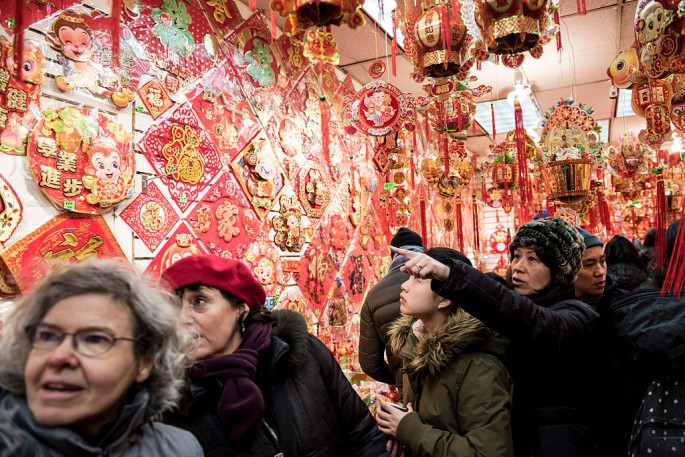To attract more foreign talent into the country, Chinese officials are mulling the possibility of granting five- or 10-year multiple-entry visas, according to an article by China Daily.
Zhang Jianguo, head of the State Administration of Foreign Experts Affairs, vowed that he will personally see to it that the visa issue will not become a hindrance in attracting foreign experts this year.
"Many foreign experts wrote me emails to complain about the visa problem," said Zhang in an interview with China Daily. "They want five-year or even 10-year multiple-entry permits, which will make their visits easier."
"Most of them are high-end talented people. Some are even Nobel Prize winners," Zhang added. "Currently, they can get only one-year or two-year multiple-entry permits, which are not very convenient for them."
It's a stark contradiction to how Chinese citizens are granted flexible visa policies in other countries.
"For example, many Chinese businesspeople or even students can apply for 10-year multiple-entry permits in the United States. I think . . . we should ensure that top overseas talented people who want to come and work in China can enjoy the same convenience," Zhang said.
Based on the draft version of the 13th Five-Year Plan (2016-20), the country will introduce an array of overseas talent to the country, particularly scientists who can help in innovation, development of high-tech industries, and other related emerging disciplines.
To make this possible, however, China needs to remove career barriers and ease visa procedures for foreign experts who want or are currently working in the country.
"We will encourage establishing a recruitment mechanism within research institutions, colleges and universities that will take job applications from around the world," Zhang said.
According to Zhang, a draft of a regulation will also be made to help foreign experts participate in national science and technology programs. This will also allow overseas talent to eventually lead important research projects.
Other issues that must be addressed to improve working and living conditions of foreign talent in China include healthcare.
Zhang said: "What if they get ill in China? How can the expenses in a Chinese hospital be covered by insurance in China or their commercial insurance bought overseas? I know there are very few hospitals that could connect with overseas insurance companies. And this needs policy support from government agencies such as us."



























